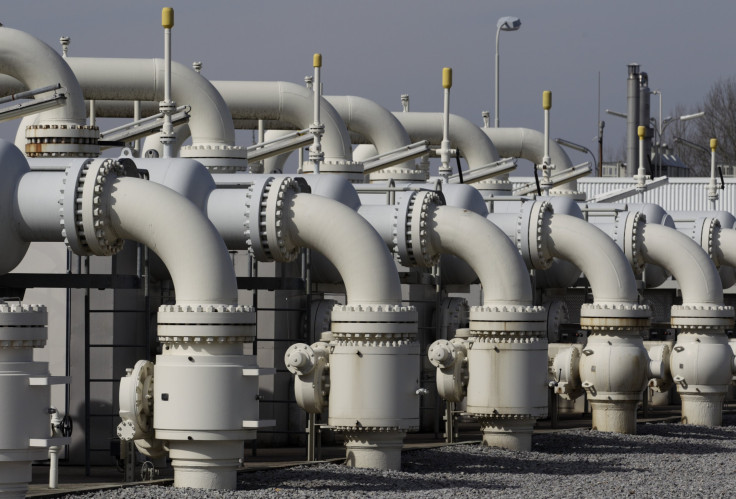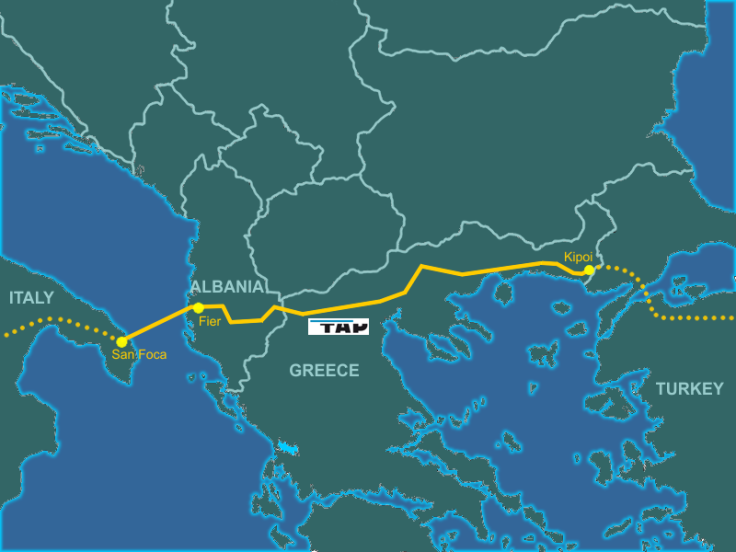Trans-Adriatic Pipeline Deal: Does European Union, Azerbaijan Agreement Undermine Russian Energy Plans?

The European Union and Azerbaijan have agreed on building the long-awaited Trans-Adriatic pipeline that would transport Azeri natural gas from the Caspian Sea to Europe, according to a European Union press release. The pipeline, which would run the length of Greece into neighboring Albania and across the Adriatic Sea to Italy, was almost not agreed on after Greece came close to agreeing, instead, to a similar Russian pipeline in the wake of Athens’ disagreement over a bailout deal with its European creditors.
The pipeline was symbolic of a changing relationship with Russia, the main provider of natural gas to Europe. Europe’s desire to diversify its energy needs comes amid the breakdown of relations between Moscow and Brussels over the war in eastern Ukraine and the annexation of Crimea, which has led many European leaders to be wary that Russia could use European energy needs as a weapon.
"Azerbaijan is our reliable and strategic partner in the energy field, and we want to take this partnership further. One aim of the European energy union is to exclude the possibility of using gas as a threat. The conflict in Ukraine shows that such threats are still possible," said European Union president Donald Tusk during talks in Azerbaijan.

European leaders had worried about Greece’s overall growing relationship with Russia for some time. Russian President Vladimir Putin has met with Greek Prime Minister Alexis Tsipras on a number of occasions, with many political commentators believing that Putin’s overall plan was to drive a wedge between European Union members and create a conflict of interest inside NATO that would undermine its stance against Russia’s action in Ukraine.
However, it was not yet known if Greece would agree to the Russian pipeline in addition to the Trans-Adriatic one.
Knowing the strategic importance of the pipeline, the United States had also previously lobbied Greece to accept the Trans-Adriatic pipeline over Russia’s version. Some Washington officials feared that Moscow’s ability to turn off the gas at any moment could weaken its European NATO partners and the alliance's overall ability to react to Russian threats.
During meetings in Greece, State Department envoy, Amos J. Hochstein, said the Russian pipeline plan was “not an economic project” but “only about politics.”
The pipeline, which would meet the energy needs of southeastern Europe, was expected to cost around $2 billion and was scheduled to be completed by 2018.
© Copyright IBTimes 2024. All rights reserved.




















